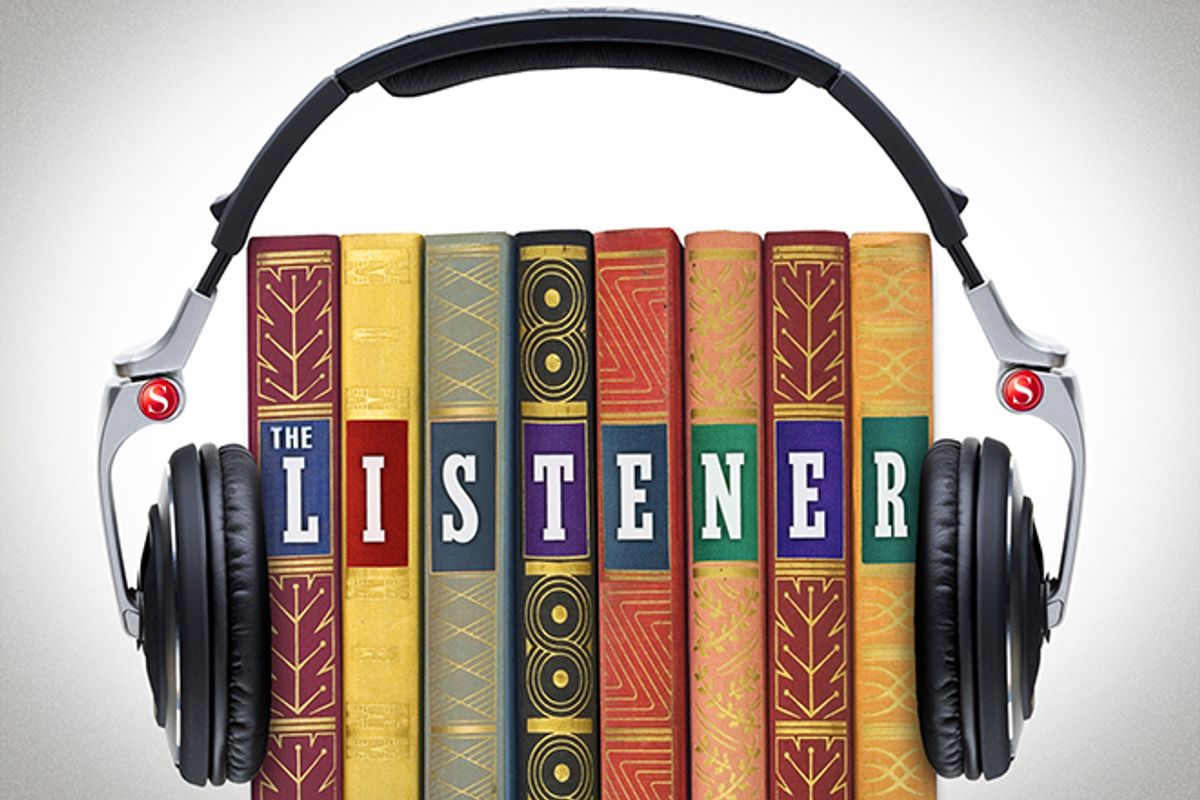Chris Kluwe, the punter for the NFL’s Oakland Raiders, is as unlikely an essayist as he is a campaigner for free speech or gay rights. That’s part of his appeal as a public person. He complicates the stereotype, which forces anyone interested—fans, the press, readers—to deal with him as an individual rather than as an embodiment of a role.
Kluwe’s debut book, “Beautifully Unique Sparkleponies,” is a collection of very short essays, vignettes, letters, digressions, lists, rants, complaints and occasions for showing off.
The title comes from a self-censoring revision of the now-infamous “Deadspin” letter Kluwe wrote to Maryland state delegate Emmett C. Burns, Jr., who had demanded that the Baltimore Ravens force linebacker Brendon Ayanbadejo to stop speaking in favor of same-sex marriage. In the original version of the letter, Kluwe calls Burns a “narcissistic fromunda stain” and responds to Burns’s disappointment with a sarcastic “Holy fucking shitballs.”
When Kluwe’s father suggests that the letter would have been more effective without the profanity, Kluwe says “Bollocks.” But in a show of equanimity he calls “my gift to you . . . the exact same letter, but without the oh-so-naughty words,” Burns’s status as “narcissistic fromunda stain” is ironically prettified to “BEAUTIFULLY UNIQUE SPARKLEPONY,” and “Holy fucking shitballs” becomes “DISAPPOINTED LEMUR FACE WITH SOLITARY TEAR TRICKLING DOWN TO CHIN.”
And thus, a literary voice is birthed.
This kind of writing lends itself better to the audiobook than it does to the page, and Kluwe makes a good narrator. His delivery is full of the enthusiasms that birthed the essays and the charming weirdness of his own personality. And the brevity of the pieces allows the listener a measure of relief—if one of the pieces isn't working, it won’t be long until we get to the next.
Kluwe is eminently quotable, which isn’t the same thing as being elegant. His “A Letter to Jesus,” for example, begins: “Dear Jesus, Can you believe this shit?” His favorite rhetorical strategy is direct address, even when, as in “How to Serve Man,” he doesn’t quite know the nature of the object he means to address. (“Hello, future alien invader/tyrannical despot/machine overmind . . .”)
Too often he is aggressively strident and reductive, as in the rant “Mirror, Mirror,” which begins: “I have no tolerance for bigots. I have no tolerance for sexists. I have no tolerance for racists, would-be slave owners . . .”
The impulse in these lesser essays is to assign people to binary roles. It’s us or it’s them. You’re in or you’re out. This is a perilous position for a person to take if that person also claims to have a progressive worldview, because the assigning of the us-ness and the them-ness is what got us in this mess in the first place.
But the anger that drives so much of the book comes from an appealing place. Kluwe dislikes the way the powerful use their power to take from those who don’t have much to spare.
In “Thirty Pieces,” Kluwe very effectively makes use of a list of median salaries, of CEOs, NBA and NFL players, physicians, farmers, teachers, firefighters and janitors, to make a fairly sophisticated argument about the ways in which value is assigned in American culture, and how wrongly the worths of competing professions have been estimated.
And in “Who Is John Galt?” Kluwe does a credible job of taking apart Ayn Rand’s “Atlas Shrugged.” “John Galt,” he writes, “is a remorseless shark feeding on those unable to get out of his way, the blood-churned waters boiling around him as he takes in everything he requires for his own happiness without thought of the cost to others, rending and tearing the stability of social interactions until his once-teeming world is barren and lifeless, collapsed under the gluttonous appetite of self. Then he starves, and no one is left to mourn his passing.”
This isn’t good writing, but it is vigorous and energetic, and it is interesting to watch an intelligent amateur try to find his way.
“Beautifully Unique Sparkleponies” begins with a truly weird extended metaphor titled “Hello?” in which Kluwe pretends to “call my own mind” on the telephone, because there are “a lot of different characters in there, and I think we need to talk.” While pacing around the room “like a lion on methadone,” Kluwe tries to converse with Football (who hangs up on him because it’s time to punt), then Reading (“doesn’t pick up, usually never does”), then “abstract” (during which—I’m not making this up—the phone “swallows me up and sits me out inside a psychedelic landscape of non-Euclidean geometry and fireworks” where the colors taste like triangles, bowling ball llamas quote “Hamlet,” and the air is full of crystal sculptures in the shape of Jessica Rabbit. )
Eventually Kluwe dials Reason, who stands guard over Football and Reading and “keeps abstract on a pretty tight leash.” We don’t get to hear much of this conversation, but Kluwe assures us it was wonderfully crafted. Then he ports in two familiar metaphors from somewhere outside the essay. When the phone conversation is over, it “brings this snapshot to a close.” Then Kluwe instructs the listener to “Enjoy the ride.”
Despite himself, the listener does.



Shares